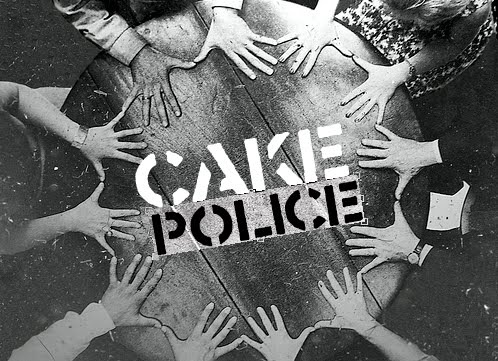
A repost. Wu Ming 1 (a member of the Italian writers' collective of the same name) has produced the most theoretically definitive political economy of the internet, social media, Apple gadgets, and all the other components of so-called "cognitive capitalism" that I've ever read.
Read it here.
"Are you one of the 700-and-something million Facebook users? Well, it means that you produce contents for the network every day: any kind of contents, including emotions and relations. You are part of Facebook’s general intellect. To put it short, Facebook exists and works thanks to all the people like you. What is Facebook if not a mass of collective intelligence that is not produced by Zuckerberg & Company, but by users?
"In fact, you actually work on Facebook. You do not notice it, but you’re working. You work and do not earn—-others are making money with your work.
What turns out to be useful here is the Marxian concept of 'surplus labour'. It is not an abstruse concept: it is the part of work that, albeit producing value, is not converted into salary but in profit for the capitalist, since the latter owns the means of production.
If there is profit, it means that there has been surplus labour. Otherwise, if all the labour were paid according to the value it creates—-well, that would be communism, a society with no classes. It is obvious that the capitalist must pay the workers less than the sum he earns with the sale of commodities. This is what 'profit' means—-it means paying workers less than the actual value of their labour.
For several reasons, the capitalist may not be able to sell those commodities and make profits. But this does not mean that the workers have not provided surplus labour. The whole capitalist society is based on surplus value and surplus labour.
"Your whole work is surplus work on Facebook, because you are not paid. Everyday Zuckerberg sells your surplus work—-that is to say, he sells your life (your sensitive data, your navigation patterns, etc.) and your relations. He makes several million dollars each day, because he is the owner of the mean of production, and you are not.
Information is a commodity. Knowledge is a commodity. In fact, it is the quintessential commodity in Post-Fordism (or whatever you want to call it). It is a productive force and a commodity at the same time, just like workforce. The Facebook community produces pieces of information (on individual tastes, consumption habits, market trends) that are wrapped up in form of statistics and sold to others and/or used for customising ads and any other kind of offer.
Moreover, as a representation of the most extended network of relations on the planet, Facebook itself is a commodity. The company is able to sell information only if, at the same time and incessantly, it keeps selling that particular representation of itself. That representation too is generated by users, but Zuckerberg is the one who pockets the cheque.
"Of course, the kind of 'work' described above is not comparable for toil and exploitation to the labour mentioned in the early paragraphs. In addition, Facebook users do not form a social class. The point is that we must always consider both the toil at the base of hardware production and the continuous, predatory embezzlement of collective intelligence taking place on the internet. As I wrote above, they are two 'co-existent levels'. The production of value depends on both activities, and they should be pictured and analysed together."

http://www.edge.org/3rd_culture/lanier06/lanier06_index.html
ReplyDeletehttp://books.google.com/books?id=sqNWqEB8Ie0C&printsec=frontcover#v=onepage&q&f=false